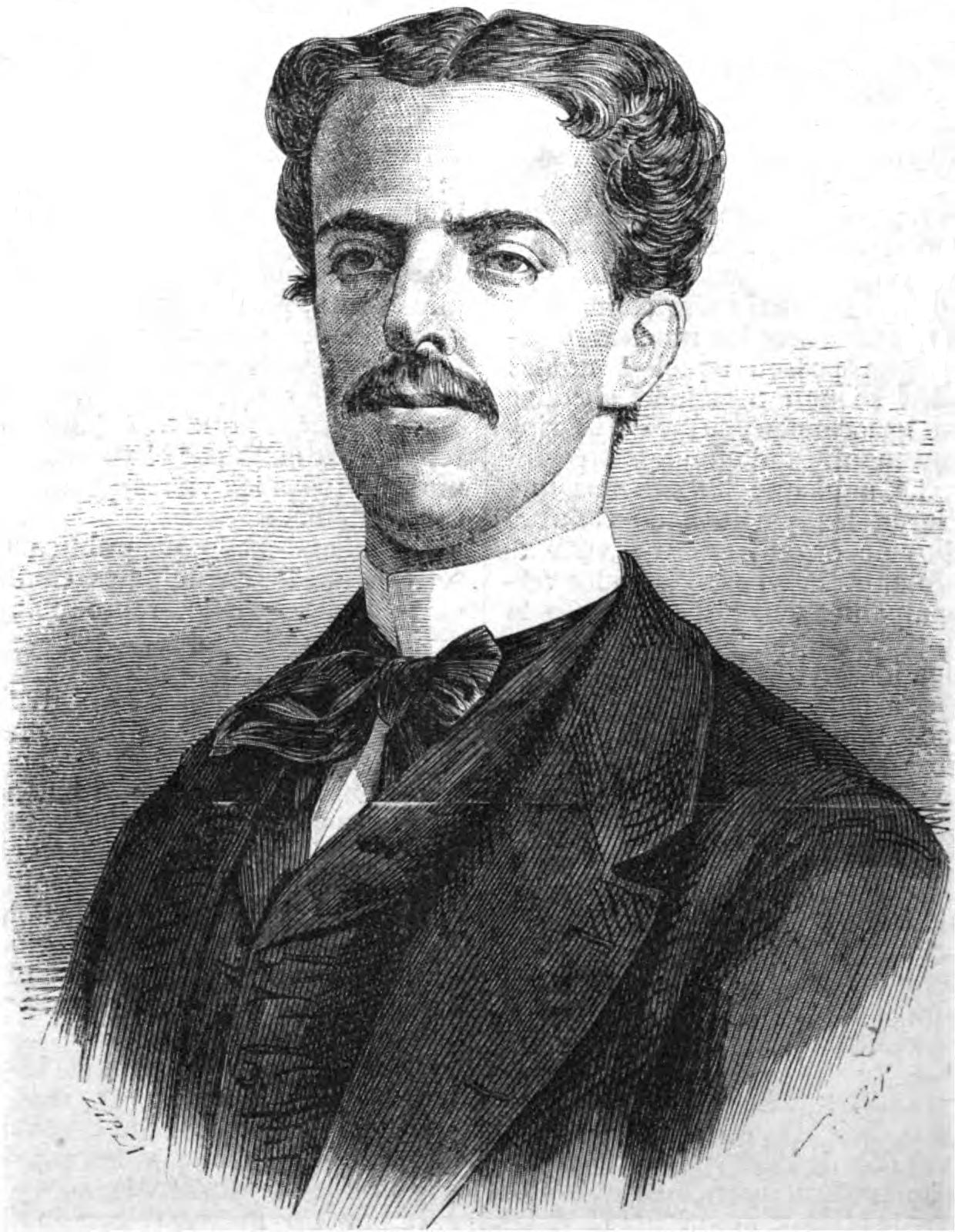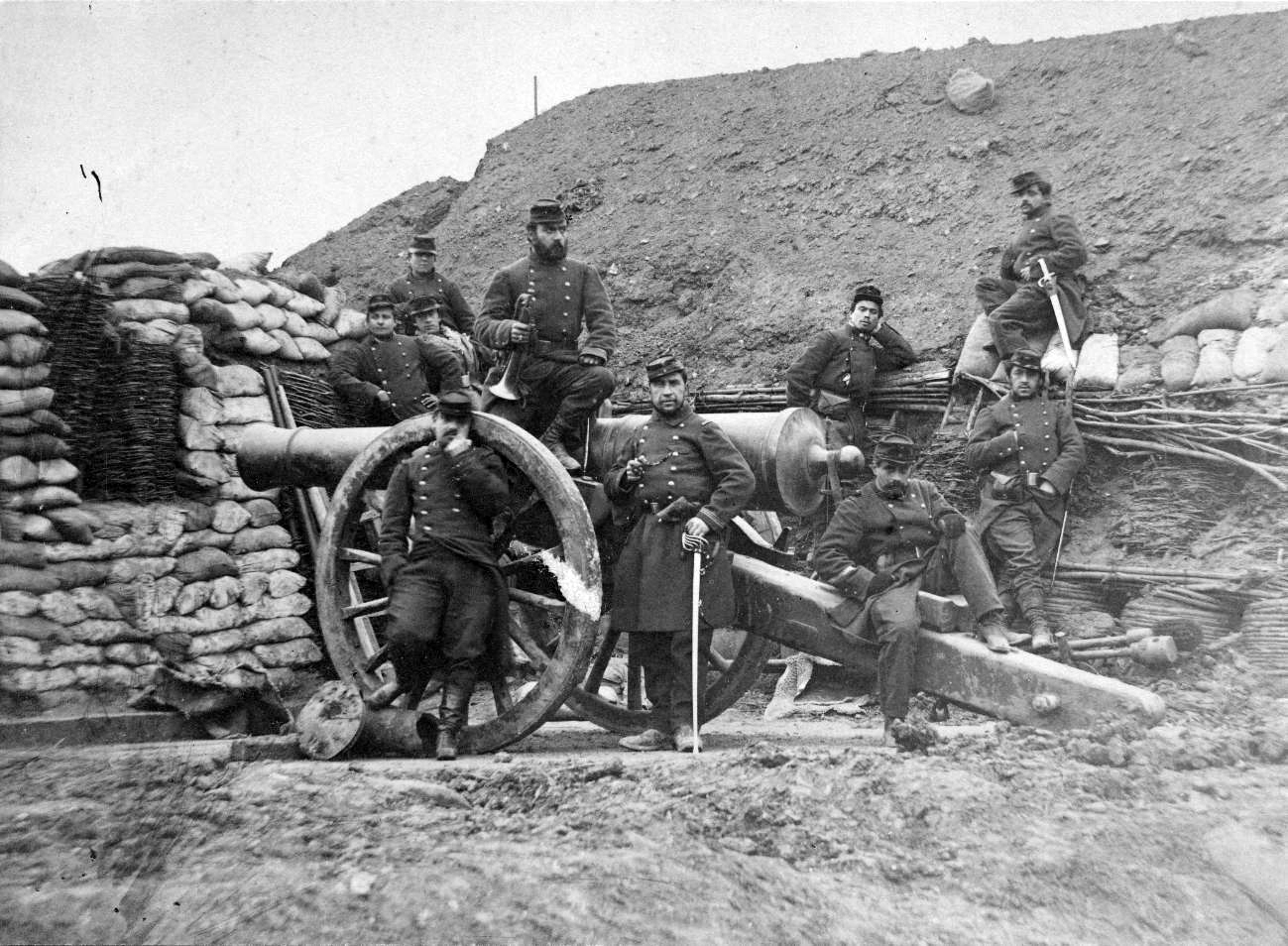"Looking for a democratic monarch in Europe is like looking for an atheist in heaven." (General Juan Prim, on his search for a monarch willing to be democratically elected.)
"The Spanish people are ungovernable." (King Amadeus I on the event of his abdication in 1873.)
30 May 1867
The day was set in brilliant sunlight, the smell of roses and orange blossom permeating everything. The marriage ceremony had been conducted in an orderly fashion: King Victor Emmanuel allowed himself a small smile. The Duke of Aosta, his second son was married on his twenty-second birthday. He had talked sense into his son at the last the year before: the foolish plan to marry the Maria girl [1] lay on the ashes. Instead he was marrying a princess, indeed one who had connections to the Prussian royal family. [2] The girl was older than his son, but this was an advantage the king mused: the boy needed a steady hand next to him after all, and while she certainly wasn't the most beautiful. the girl possessed an astute intelligence. His smile grew wider. Nothing could mar the day. [3]

Amadeus of Savoy, Duke of Aosta

Princess Marie of the Netherlands
The Search for a Crowned Democrat
Following the queen's abdication and retirement, the messy business of directing revolutionary spirit into something coherent took hold of the fragile coalition that had deposed the Bourbon's for the last time. [4] The liberals, moderates and republicans who had so virulently opposed the Isabelline governments, found themselves hard pressed to select a monarch: the suggestion that the former dictator Baldomero Espartero could form his own dynasty was rejected out of hand by almost everyone, Espartero included. The search for a monarch was led by Fernando Serrano and Juan Prim, the two military men who had finally forced Isabel to depart. Initially, Leopold of Hohenzollern was chosen and indeed the crown was offered to him, before being rejected for fears of provoking a war between the French and Prussians. [5] Following the rejection of the offer of the crown by Ferdinand of Portugal [6], and the refusal to offer the throne to Isabel's son Alfonso [7], they settled on the burden free shoulders of Amadeus of Savoy, who crucially swore to uphold the newly proclaimed constitution, the first promulgated since that of Cádiz some fifty years earlier.
The young king arrived in January 1870, a man with no experience, thrust head first into the world of Spanish politics, a world which no one ever navigated without first hitting rocks. Fortunately, the young king had a stroke of luck: the general Juan Prim, prime minister and his main supporter and the architect of the new state of affairs had survived an assassination attempt at the entrance of the Cortes. [8]
It would be his first stroke of luck, and judging by the country he found, it wouldn't be the last he need.
BRIEF NOTES
[1] Maria Vittoria del Pozzo, a member of the Piedmontese nobility and heiress to her father's vast fortune. The marriage was roundly rejected by Victor Emmanuel as being of inferior status. She would later marry into the Austrian nobility. IOTL she was the wife of Amadeus.
[2] Princess Marie of the Netherlands, the granddaughter of William I of the Netherlands and Frederick William III of Prussia, making her distantly related to the Prussian king William I.
[3] IOTL Amadeo's wedding day was infamous for the sheer number of misfortunes that befell it including the death of a stationmaster, after he was run over by the couple's honeymoon train. ITTL, the wedding is perfectly normal, with the couple enjoying a honeymoon in the Swiss lakes.
[4] Isabel, would following the failure of Amadeus, the republicans and the Carlists be succeeded by her young son Alfonso XIII who remained until the Second Republic. ITTL she and her line go into exile in France.
[5] Which of course would later all be for nought as war would break out between the two.
[6] Ferdinand had the liberal credentials, but given the chaos his family had been subjected to in the preceding decade, with three of his sons dying from cholera he felt unable to accept the throne.
[7] For fear that he'd be easily influenced by his mother.
[8] Indeed the attempted assassins were never caught, and given the danger of Spanish politics at this time, the suspects ranged from fellow liberals, to republicans and Carlists.
"The Spanish people are ungovernable." (King Amadeus I on the event of his abdication in 1873.)
30 May 1867
The day was set in brilliant sunlight, the smell of roses and orange blossom permeating everything. The marriage ceremony had been conducted in an orderly fashion: King Victor Emmanuel allowed himself a small smile. The Duke of Aosta, his second son was married on his twenty-second birthday. He had talked sense into his son at the last the year before: the foolish plan to marry the Maria girl [1] lay on the ashes. Instead he was marrying a princess, indeed one who had connections to the Prussian royal family. [2] The girl was older than his son, but this was an advantage the king mused: the boy needed a steady hand next to him after all, and while she certainly wasn't the most beautiful. the girl possessed an astute intelligence. His smile grew wider. Nothing could mar the day. [3]

Amadeus of Savoy, Duke of Aosta

Princess Marie of the Netherlands
The Search for a Crowned Democrat
Following the queen's abdication and retirement, the messy business of directing revolutionary spirit into something coherent took hold of the fragile coalition that had deposed the Bourbon's for the last time. [4] The liberals, moderates and republicans who had so virulently opposed the Isabelline governments, found themselves hard pressed to select a monarch: the suggestion that the former dictator Baldomero Espartero could form his own dynasty was rejected out of hand by almost everyone, Espartero included. The search for a monarch was led by Fernando Serrano and Juan Prim, the two military men who had finally forced Isabel to depart. Initially, Leopold of Hohenzollern was chosen and indeed the crown was offered to him, before being rejected for fears of provoking a war between the French and Prussians. [5] Following the rejection of the offer of the crown by Ferdinand of Portugal [6], and the refusal to offer the throne to Isabel's son Alfonso [7], they settled on the burden free shoulders of Amadeus of Savoy, who crucially swore to uphold the newly proclaimed constitution, the first promulgated since that of Cádiz some fifty years earlier.
The young king arrived in January 1870, a man with no experience, thrust head first into the world of Spanish politics, a world which no one ever navigated without first hitting rocks. Fortunately, the young king had a stroke of luck: the general Juan Prim, prime minister and his main supporter and the architect of the new state of affairs had survived an assassination attempt at the entrance of the Cortes. [8]
It would be his first stroke of luck, and judging by the country he found, it wouldn't be the last he need.
BRIEF NOTES
[1] Maria Vittoria del Pozzo, a member of the Piedmontese nobility and heiress to her father's vast fortune. The marriage was roundly rejected by Victor Emmanuel as being of inferior status. She would later marry into the Austrian nobility. IOTL she was the wife of Amadeus.
[2] Princess Marie of the Netherlands, the granddaughter of William I of the Netherlands and Frederick William III of Prussia, making her distantly related to the Prussian king William I.
[3] IOTL Amadeo's wedding day was infamous for the sheer number of misfortunes that befell it including the death of a stationmaster, after he was run over by the couple's honeymoon train. ITTL, the wedding is perfectly normal, with the couple enjoying a honeymoon in the Swiss lakes.
[4] Isabel, would following the failure of Amadeus, the republicans and the Carlists be succeeded by her young son Alfonso XIII who remained until the Second Republic. ITTL she and her line go into exile in France.
[5] Which of course would later all be for nought as war would break out between the two.
[6] Ferdinand had the liberal credentials, but given the chaos his family had been subjected to in the preceding decade, with three of his sons dying from cholera he felt unable to accept the throne.
[7] For fear that he'd be easily influenced by his mother.
[8] Indeed the attempted assassins were never caught, and given the danger of Spanish politics at this time, the suspects ranged from fellow liberals, to republicans and Carlists.
Last edited:


